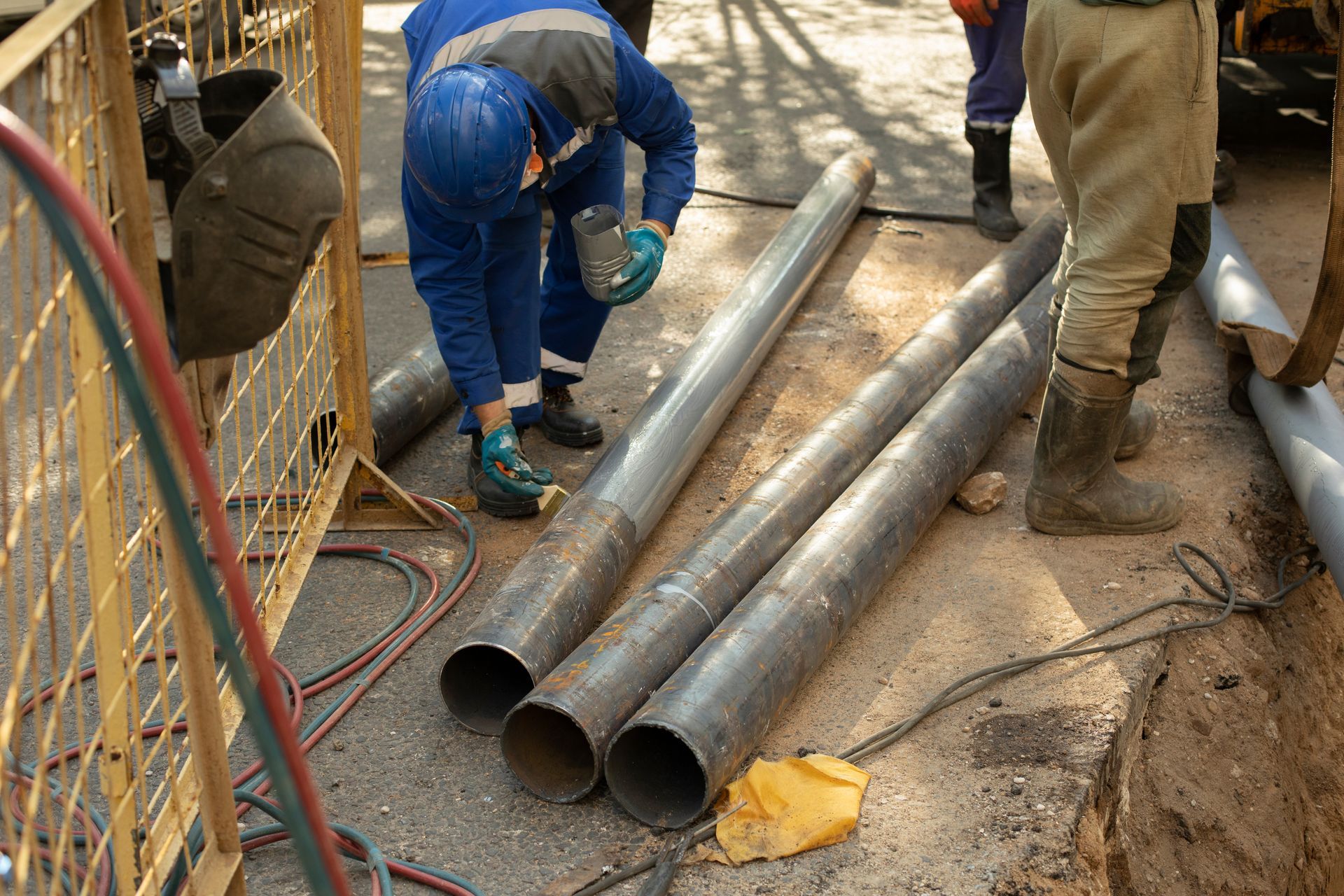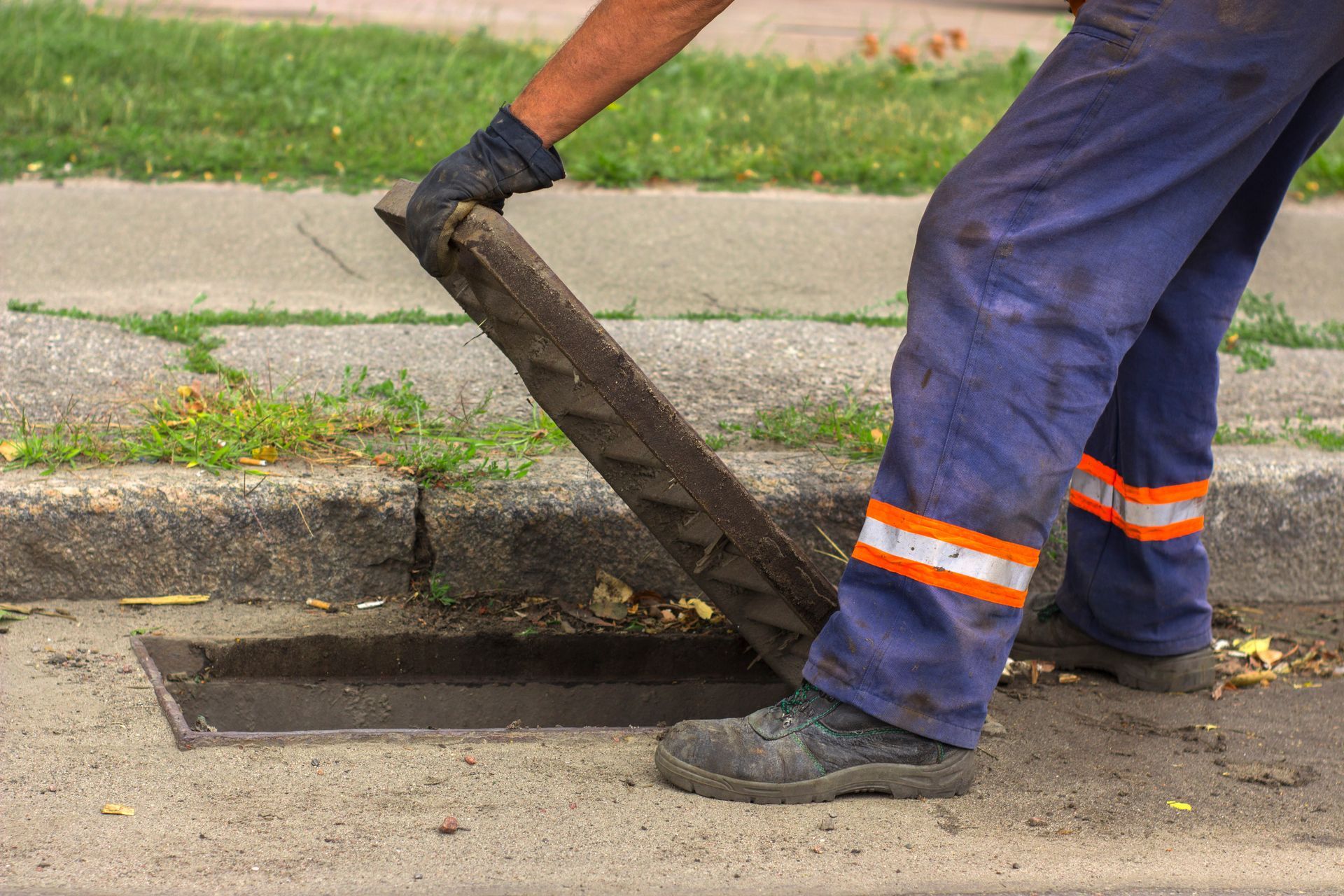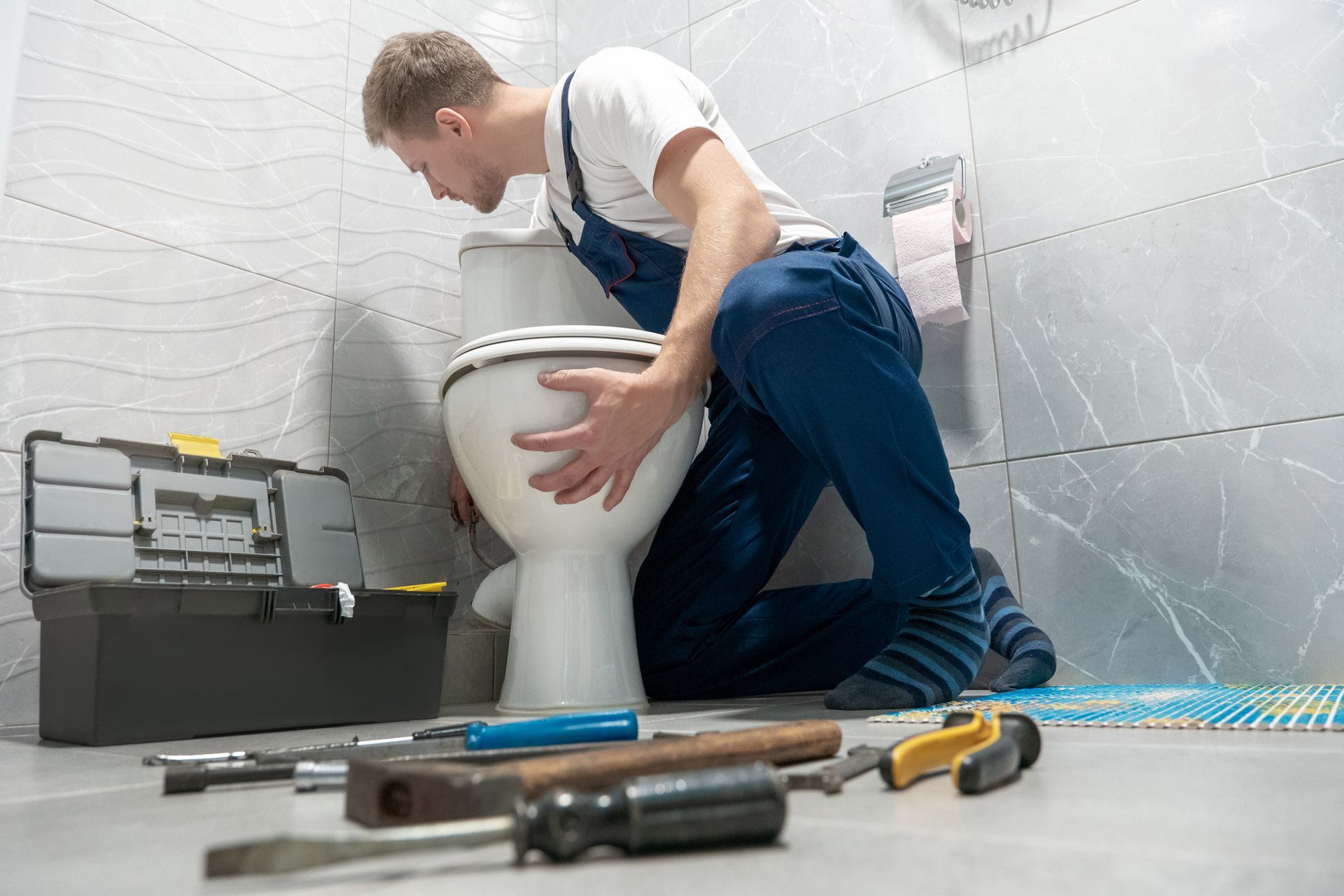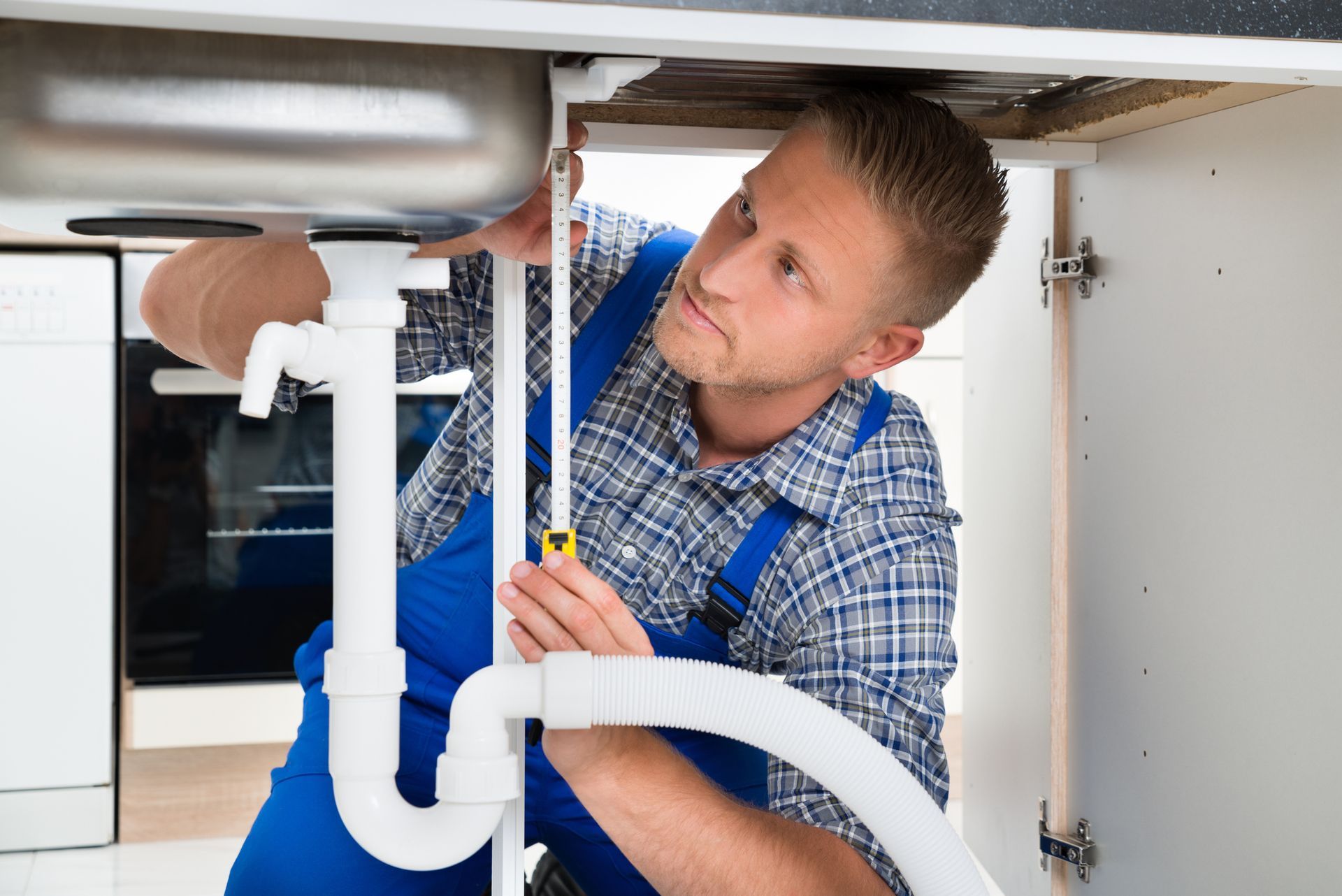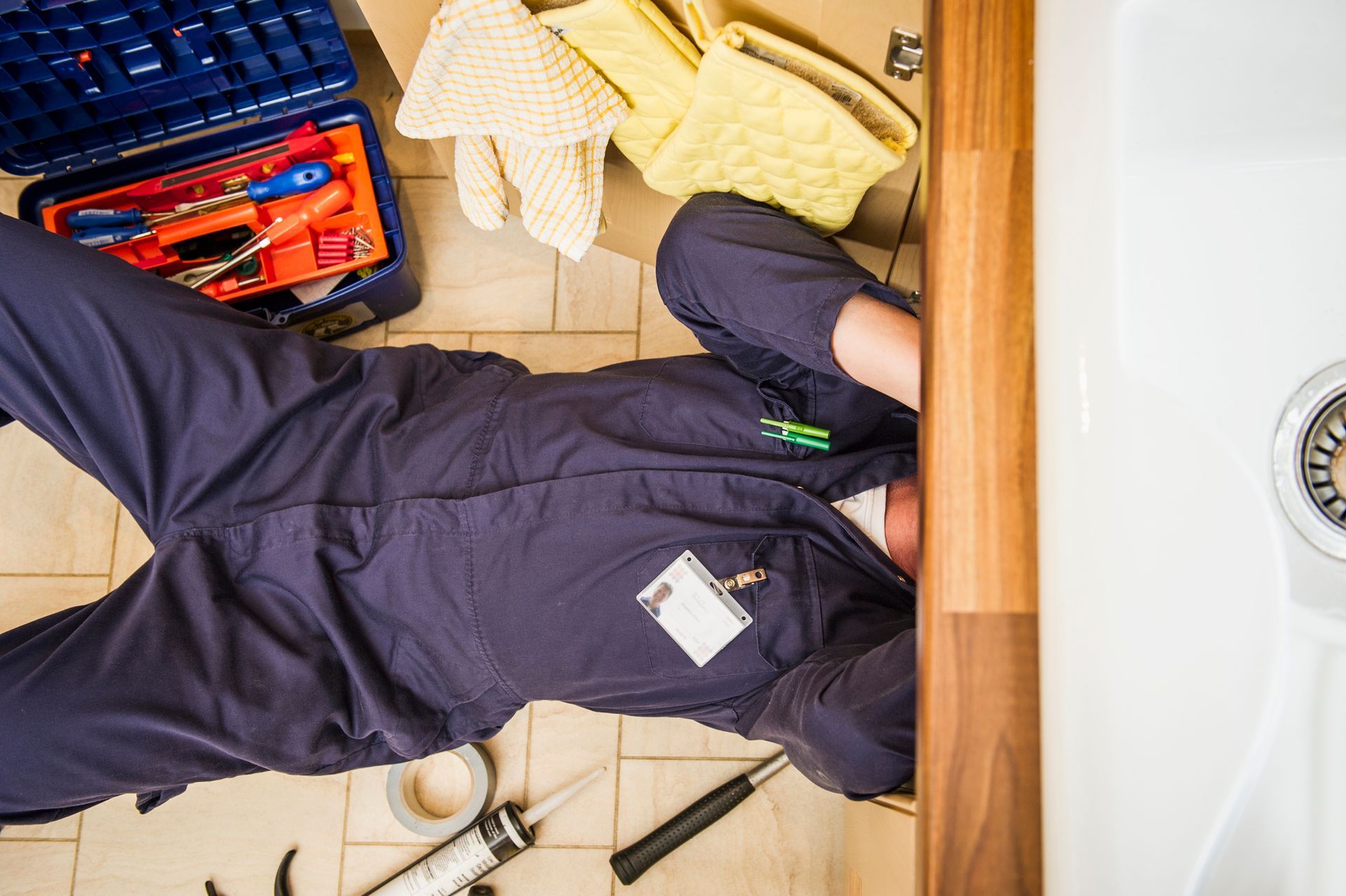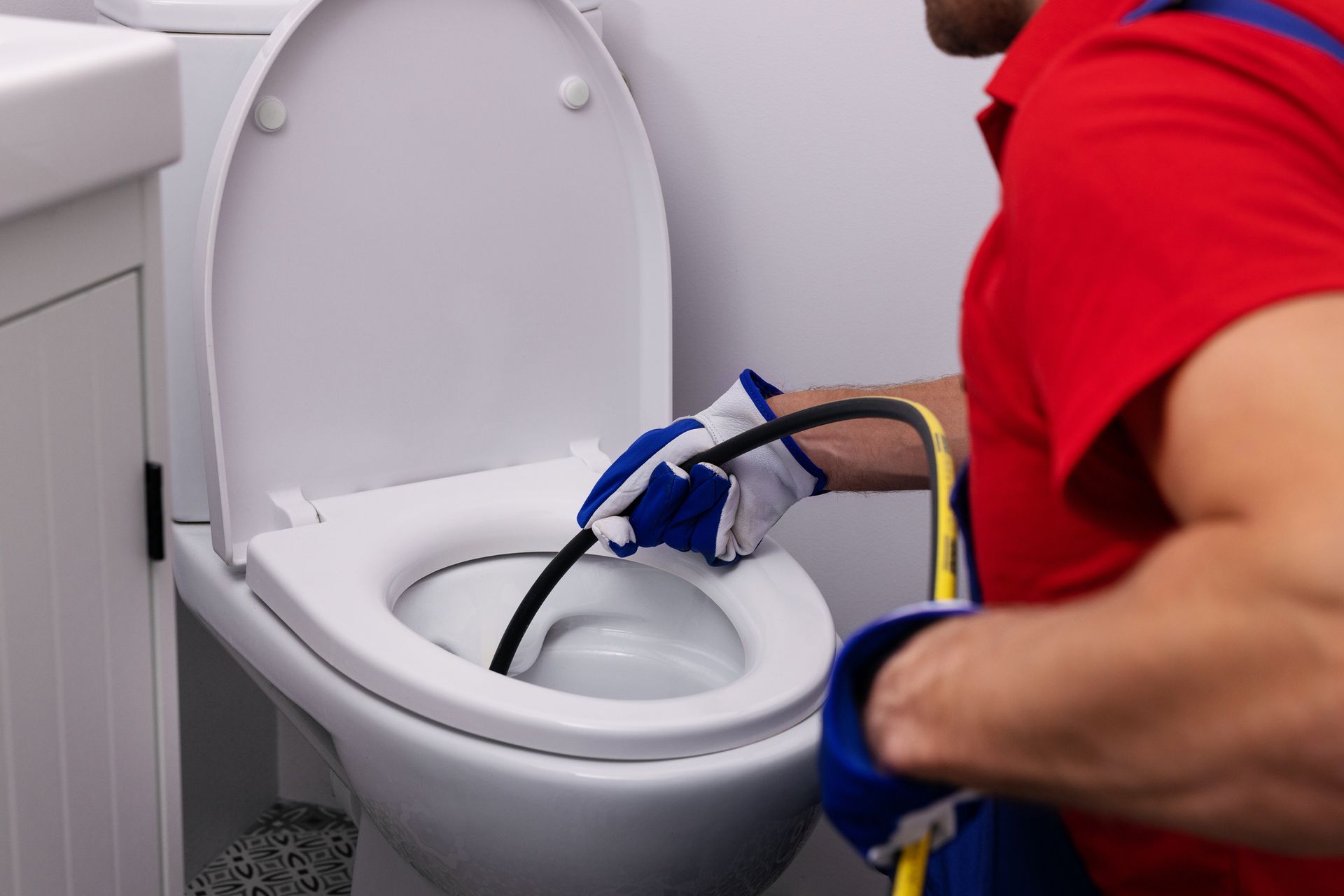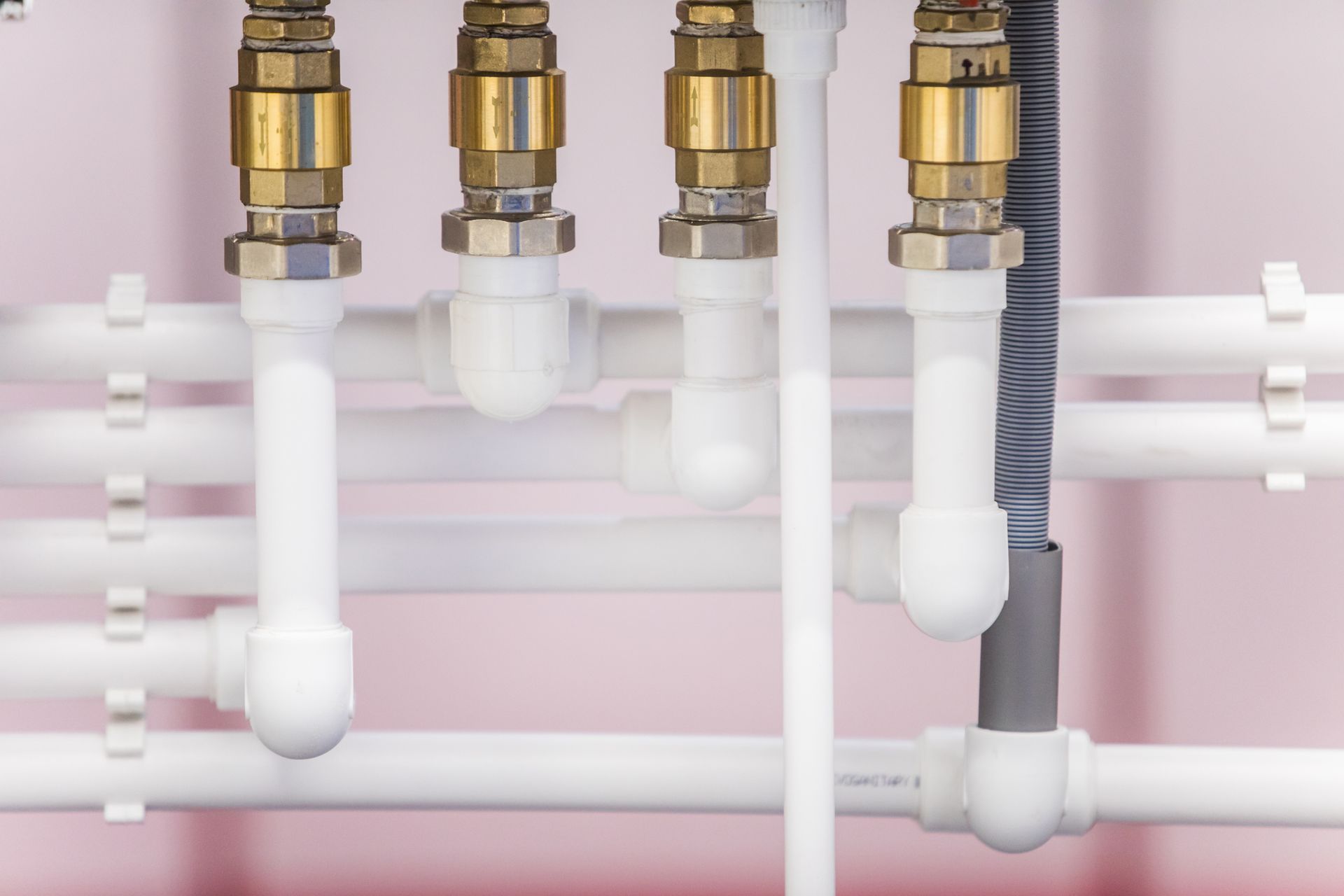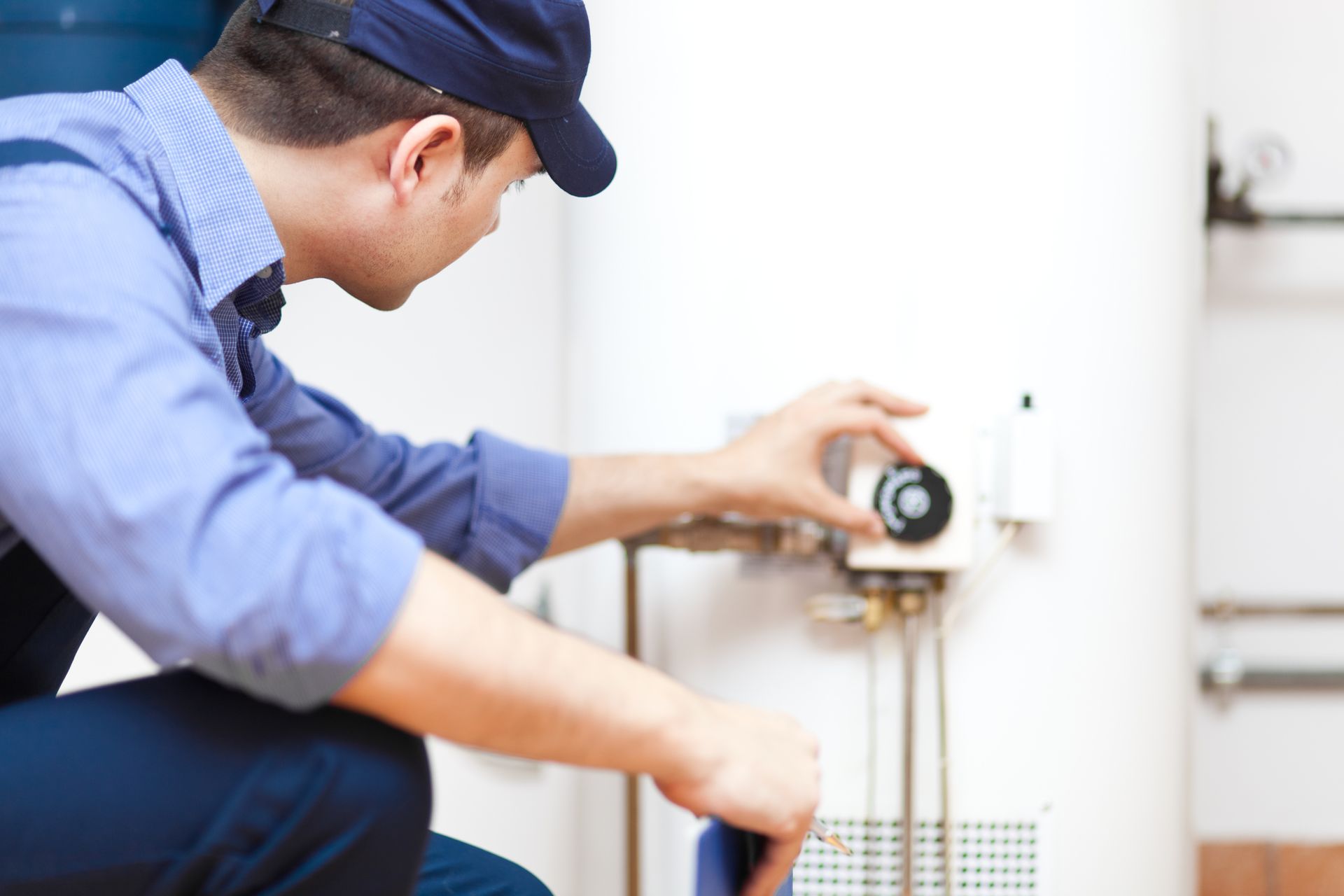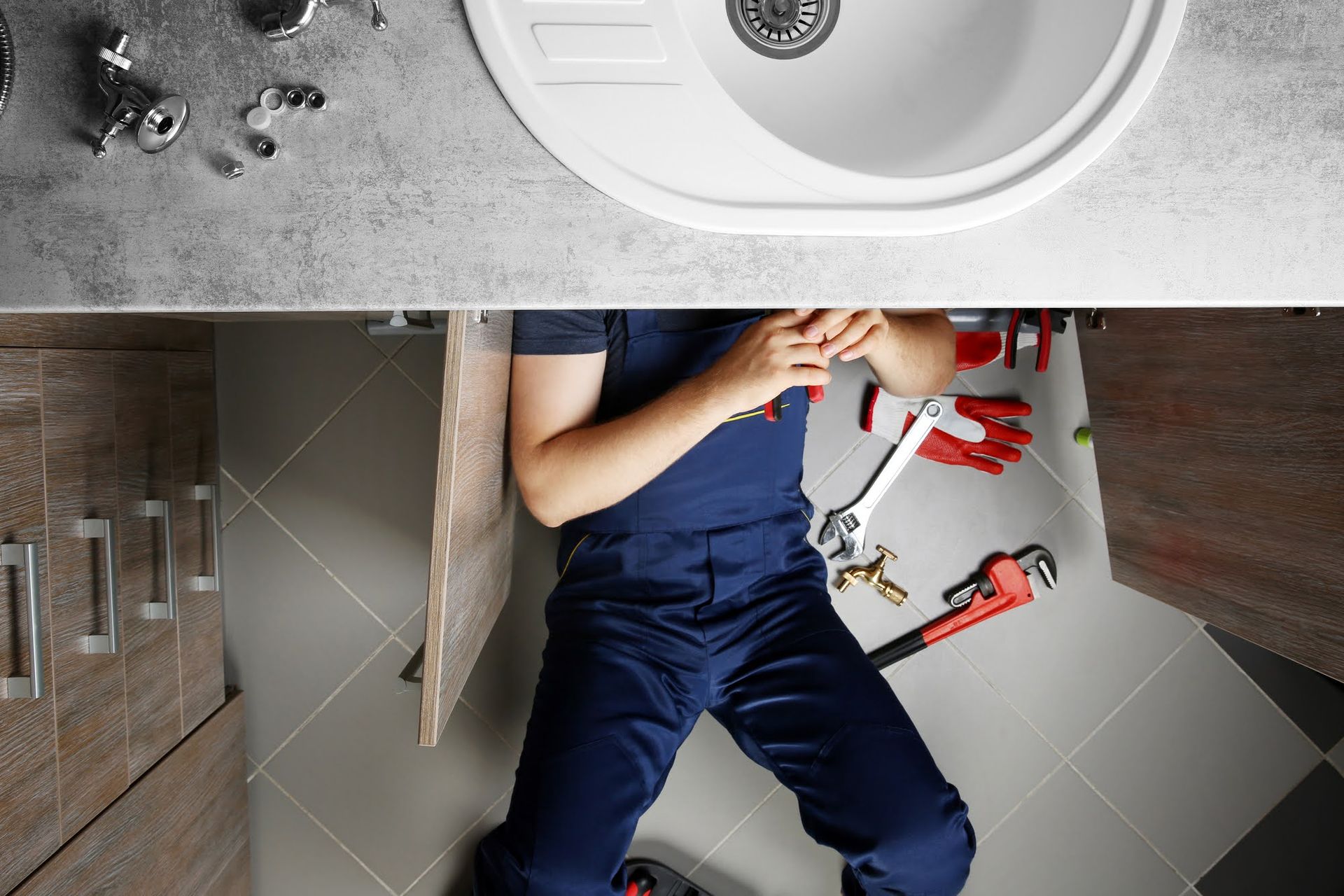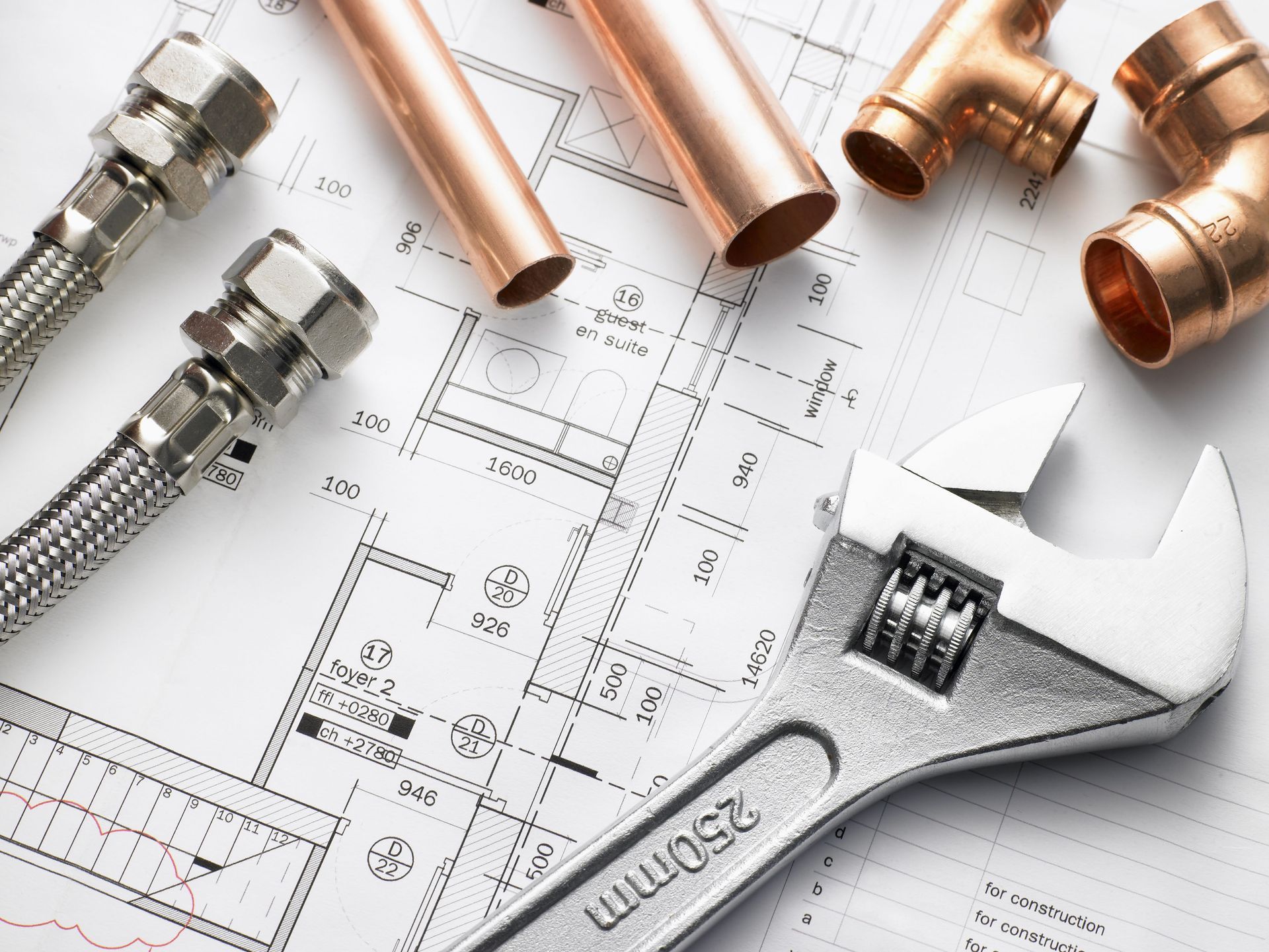Burst Pipes in Summer: Frequently Asked Questions
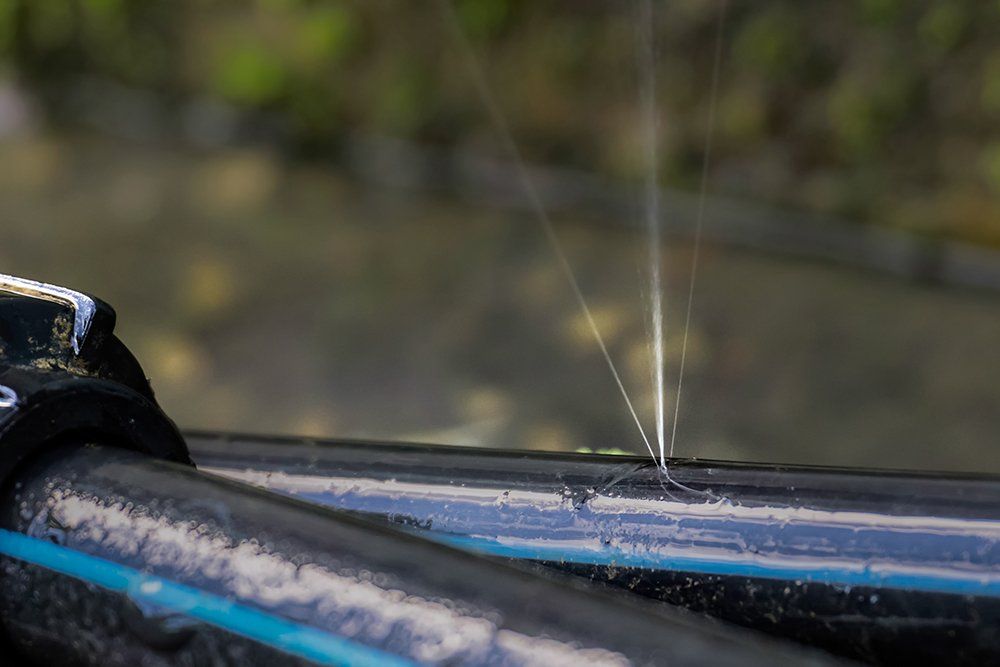
The weather is finally getting warmer and you don't have to worry about several of the woes associated with winter, including frozen pipes. Protecting your pipes from freezing during the winter is critical to prevent them from bursting, which occurs when the water inside the pipes freezes and expands. Luckily, it’s summer, so you don't have to worry about burst pipes anymore, right?
However, pipes can burst in the summer as well, and when this occurs, the water damage caused can be severe. Here are a few frequently asked questions you might have about burst pipes in the summer.
Why Do Pipes Burst in Summer?
Unfortunately, all the winterizing you did to your plumbing won't always protect the pipes in the summer. Here are a few of the most common reasons why your pipes could burst in the summer months:
- Invasive tree roots. Your trees will flourish in the summer, which means their root systems will grow larger. If there is any damage to the pipes running near the tree, the roots will grow toward the leaking water. This can cause major damage and burst pipes.
- Long periods of hot temperatures. The combination of hot temperatures and little rainfall causes the soil to shift and move. If the pipes are older or corroded, they can become damaged by the soil's movement.
- Construction. Whether you are remodeling your home, or you are living near a construction site, the major disturbances can cause the pipes to rattle and suffer damage.
How Can I Prevent My Pipes From Bursting?
You can take the proper precautions now to help ensure your pipes remain strong all summer long. For example, if you have older metal pipes, consider upgrading your plumbing system. Your plumber can recommend which types of pipes are best for your property.
For example, PVC, or polyvinyl chloride, is an inexpensive option that is typically used for drain lines, such as your sink or bathtub drains. Copper pipes are more expensive than PVC, but they last for decades and are ideal for supply lines to the home.
Contact a plumber, even if your pipes are newer and high quality. Your plumber can detect any damage or leaks and repair or replace any pipes before more damage — and a burst pipe — occurs.
In addition, you may want to cut any trees that are close to your home to prevent the roots from damaging your plumbing; and remember to water your lawn periodically during hot, dry spells to keep the ground moist. This will prevent the soil from dry out, shifting, and damaging your plumbing.
What Should I Do If My Pipes Burst?
Act quickly if a pipe burst to minimize any damage to your home and property. To start, shut off the water to your home. Depending on your home's construction, the main shutoff valve could be located in the basement, near your home's water heater, in the crawlspace, or under a small metal lid near your property. To be proactive, learn where the location of the main water shutoff is before the pipe bursts.
If the water is leaking near your fuse box, the basement has some standing water, exit the house immediately to avoid electrocution, and contact your plumber right away to replace the damaged pipe. If the situation creates any danger of electrocution, also contact your utility provider to cut power to your home.
Burst pipes can happen any time of the year, including the summer. If you have any further questions, contact Michigan Plumbing.

